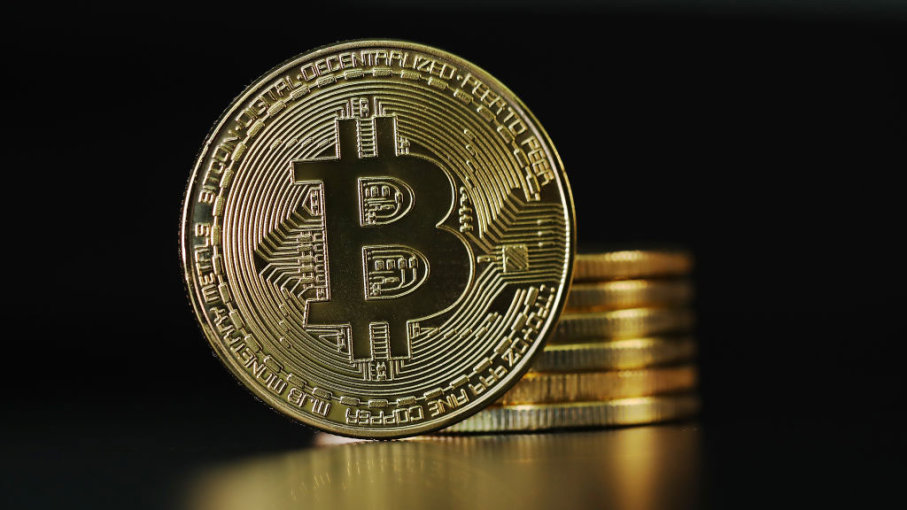Decentralized currency systems, often referred to as cryptocurrencies, have emerged as a transformative force in the global financial landscape. By eliminating intermediaries and relying on blockchain technology, these systems offer a revolutionary way to conduct transactions, store value, and manage assets. Their potential extends far beyond mere financial transactions, representing a paradigm shift in how we perceive and interact with money and digital assets. One of the most significant advantages of decentralized currencies is their ability to provide financial inclusion. Traditional banking systems often exclude individuals without access to formal identification, stable incomes, or proximity to physical bank branches. Decentralized systems, on the other hand, operate on open networks that anyone with an internet connection can access. This inclusivity empowers millions worldwide, offering them an opportunity to participate in the global economy and secure their financial independence. Another key benefit lies in the transparency and security inherent in blockchain technology.

Decentralized currencies operate on distributed ledgers, which record every transaction in a way that is both immutable and publicly verifiable. This ensures accountability, reduces fraud, and enhances trust in the system. Unlike traditional currencies, which are subject to inflation and central bank policies, many latest crypto news have a fixed supply, providing a hedge against devaluation and fostering long-term value stability. The efficiency of decentralized currency systems is also a game-changer. Traditional financial transactions, especially international ones, often involve high fees and delays due to intermediaries and regulatory checks. In contrast, decentralized currencies enable near-instantaneous transfers at a fraction of the cost. This has profound implications for remittances, cross-border trade, and other financial activities that currently suffer from inefficiencies and high overheads. Moreover, decentralized currencies open up innovative opportunities in decentralized finance DeFi .
DeFi platforms leverage blockchain technology to create financial products such as loans, savings accounts, and insurance, all without the need for traditional financial institutions. This not only democratizes access to these services but also fosters greater competition and innovation within the financial sector. Despite their immense potential, decentralized currencies face challenges, including regulatory uncertainty, scalability issues, and public skepticism. However, as technology evolves and adoption grows, these obstacles are likely to diminish. Governments, institutions, and individuals must collaborate to create a balanced framework that encourages innovation while safeguarding users and maintaining systemic stability. In conclusion, decentralized currency systems hold the promise of reshaping the future of finance by promoting inclusion, transparency, efficiency, and innovation. By embracing this transformative technology, we can unlock a world of possibilities that transcend the limitations of traditional financial systems, paving the way for a more equitable and connected global economy.